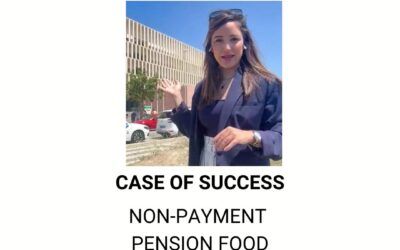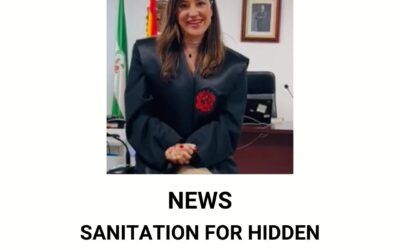Real estate fraud. Between Legality and Ambiguity

In the intricate realm of real estate transactions, the line between what constitutes fraud and what does not can be subtle. Let’s delve into what real estate fraud entails and, even more crucially, what it does not.
What is Real Estate Fraud?
Real estate fraud encompasses various deceptive practices related to property buying, selling, or leasing transactions.
However, not everything that appears questionable automatically translates into a criminal offense.
Here are some situations that could be considered fraudulent from a legal standpoint:
Forgery of Documents: Altering information on official documents to gain undue benefits.
Concealment of Information: Intentionally withholding crucial information from the other party during a transaction.
Use of False Identity: Presenting oneself as another person to conduct a transaction fraudulently.
What is NOT Real Estate Fraud?
It is crucial to understand that certain actions, although they may seem questionable, do not automatically constitute real estate fraud.
Some examples include:
Not Registering in the Property Registry: Contrary to common belief, not being registered is not automatically a fraudulent act in Spain.
Contractual Breaches: Not all contract breaches are considered fraud; some can be resolved in the civil domain.
Involuntary Errors: Not all mistakes in information during a transaction are fraudulent; some can be simple errors.
Crucial Difference: Criminal vs. Civil Offense in Real Estate Fraud
The line between a criminal offense and a civil one is delicate. Here’s an overview:
Criminal Offense:
Involves serious and malicious actions that may result in criminal penalties.
Requires strong evidence of the intent to commit fraud.
Civil Offense:
Refers to conflicts between parties, and sanctions are usually compensatory in nature.
Focuses on resolving disputes and compensating for losses rather than punishing.
Our Case: Understanding the Derivation to Civil Proceedings
In a recent legal situation, our client faced accusations of real estate fraud for not being registered in the Property Registry.
However, we advocated for diverting the case to civil proceedings, where the judge will assess the property and the legitimacy of the contract.
At Toscanolex, we not only handle cases; we educate for a deeper understanding of the complex legal landscape.
Stay updated with more news on our Instagram www.instagram.com/toscanolex
Contact us for expert guidance!
+34 951 20 45 95
Search
Categories
Recent articles
- Inheritance with Foreign Clients: How to Manage an International Inheritance in Spain
- Express Divorce: Everything You Need to Know to Get Your Divorce in One Week
- Usucapion: Acquiring Property Rights Through Continuous Possession
- Holiday Rental Regulations in Andalusia
- Burdens of Marriage and Differences in Marital Regime







